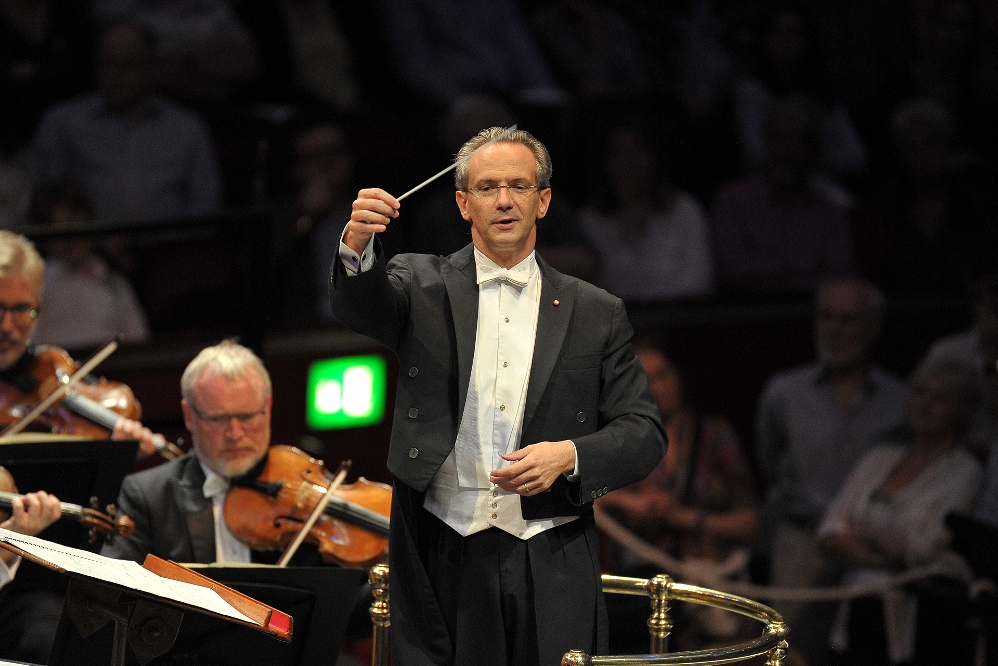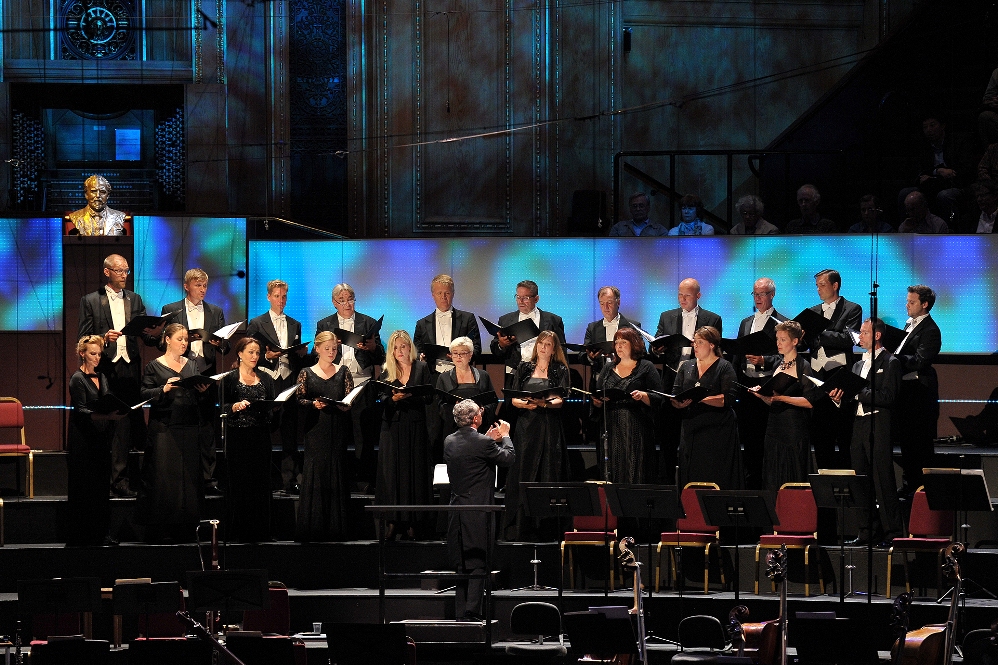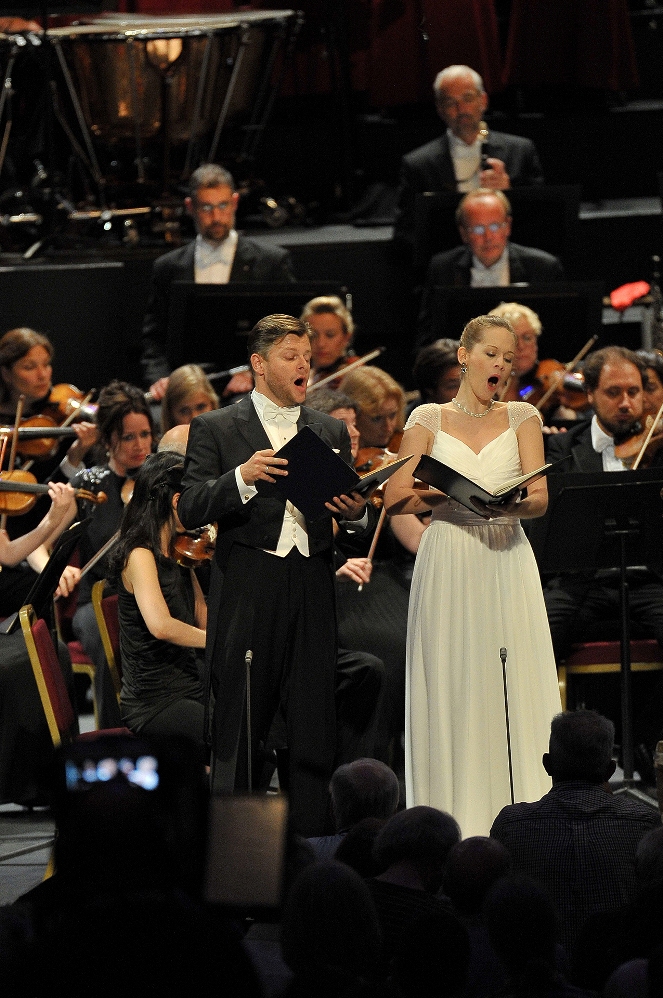Praise be to Carl Nielsen. Praise always, of course, to one of the greatest symphonists, and happy 150th birthday (again), but gratitude on this occasion is due to a programme mostly lining up Nielsen works rare and familiar, for getting me to the Albert Hall to witness a surely unsurpassable performance of the Brahms Violin Concerto. The sound quality, the near-perfect intonation with which Nikolay Znaider wields his Kreisler Guarneri “Del Gesù” is only the half of it; hearing such close work with an orchestra and conductor equally alert to every small detail without ever losing sight of long lines is the kind of thing I can only count on the fingers of one hand in terms of the total concerto experience.
It helps that Znaider recently conducted Nielsen’s Third Symphony in Odense and will return to this superb team, the Danish National Symphony Orchestra who gave such a corker of a Prom five years ago, to tackle Bruckner’s Ninth Symphony this coming season. Even so, as he turned to listen to his compatriots between playing in the Brahms, he must have been impressed by the minutest gradations of tone and expression wrought by their Principal Conductor in waiting, Fabio Luisi (pictured below) – a deservedly busy man also heading Zurich Opera and the Met.

After the sheer joy of the finale, Znaider returned, telling us that there was more to Denmark than "Lego and pastries" - as if we didn't know - and dedicating his encore to his colleagues while flying in the face of a daft BBC veto of "no more Bach" - "better to ask for forgiveness later than permission before" - by playing a Bach Chaconne. Pure introspective perfection, and if, as Alexandra Coghlan rightly noted here recently, you tend to remember a violinist’s Bach encore at the Proms more than the performance of the concerto, that’s never going to be the case here. All this was the stuff of which legends are made.

Where but at the Proms would you find a professional Danish choir of nearly 100 allied to the Boy and Girl Choristers of Winchester Cathedral, large orchestra and two perfect soloists – soprano Anna Lucia Richter and tenor David Danholt (pictured below) – for a 25-minute piece? You’d think that a “Hymn of Love” inspired by a Titian painting would be a sensuous wallow, but sensuousness is one thing not in Nielsen’s armoury.

Much is made of the portraits of choleric, phlegmatic, melancholy and sanguine characters Nielsen saw in an inn, but the four movements are surely aspects of his own personality, serious even when seemingly joky, and Luisi made the most of the thematic links between the dreamy walking pace of the “Allegro comodo e flemmatico” and the “Andante malincolico”, unfurling a line with all the masterly control of a born Bruckner and Wagner conductor.
More surprising was his ability to rollick, and if the Albert Hall isn’t the right place to catch all the fiery detail of the outer movements, the “Danish Elgar” peroration could only remind us of a potted Pomp and Circumstance (the proudly ennobled finale rtheme at the very end even resembles the trio of Elgar’s Second March). There could only be one encore, since Sakari Oramo had taken the pell-mell Overture to Nielsen’s comic opera Maskarade on the First Night of the Proms: Maskarade's "Dance of the Cockerels", a perfect showcase for the Danes' and Luisi’s deft dancing, with original touches in the central sequence from an equally original, absolutely world-class ensemble.
- Listen to this concert for the next month on the BBC iPlayer
- Watch the performances of the Helios Overture and the Second Symphony on BBC Four on Sunday
- 150th birthday greetings to Nielsen on David Nice's blog
Read theartsdesk's reviews of other concerts from the BBC Proms














Add comment